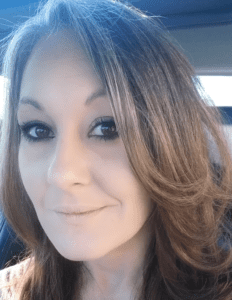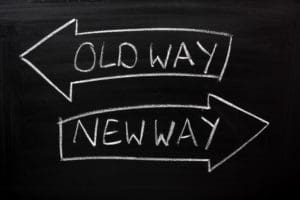Early recovery is tough! We are catapulted back into reality and suddenly we are feeling EVERYTHING! Remember that scene in City of Angels where Nicholas Cage jumps off the building to become human, only to wake up literally having jumped off a building and can feel everything for the first time? We don’t know how to act, talk, feel or make decisions. We are an absolute mess when we first begin living this new life.
There are some simple things we can do during the first 30 days- all of which I did (and still do) because “Sobriety is an Action Word” (says my sponsor). Of course, going to meetings, calling your sponsor and becoming saturated in recovery are all examples of common suggestions, but what about the rest of the time?
1. Make Your Bed
“Is she crazy, I never make my bed!”
Yes, it sounds silly but making your bed is important for a lot of reasons. First, setting our alarm clock and waking up a few minutes earlier means that we won’t be rushing around first thing in the morning. Second, there is something about a well made bed that just makes us feel good. Whether you’re in treatment, sleep on a couch or have your own bed, it’s a nice feeling to walk into your room after a full day of recovery and see your first accomplishment of the day.
My sponsor bluntly told me that, “Ya can’t stay clean by livin’ dirty. We don’t live like that anymore and it’s time to grow up. Grown-up’s make their beds.”
2. Tell The Truth
I used to lie about my exact location anytime someone called me when I was in active addiction. Drugs and illegal acts will make a person a bit paranoid. When I stopped using drugs and drinking alcohol, I had no reason to lie. Oddly, I found myself still lying about where I was and had to literally force the truth out of my mouth when someone asked.
I had to keep telling the truth purposely. It was hard, but lying about little things mean we will continue to lie about the big things. Recovery is a complete lifestyle change. Honesty is a principal we practice from the moment we first admit we have a problem. We are only as sick as the secrets we keep.
3. Get A Dictionary 
Get a dictionary? Yes. The majority of our recovery material was written from early 1930’s through mid 1950’s. It is wise to grab a pen, some paper and a dictionary to better understand the language of the material you are reading. Each word was written by the founders of various 12 step programs and they used these words with the intention of helping you get well.
If you don’t truly understand what you are reading, it can’t sink in. And you risk the books being just like any other book that gathers dust on the shelves. I took the time to get through the literature with a dictionary and the book suddenly became alive. It’s cool to be a nerd for the recovery program you feel most connected to.
4. Take A Nap
Early recovery can take a lot out of us. Our bodies are trying to heal from years of being poisoned, our brains are overloaded from all the new information, and our emotions are all out of whack. Take a nap. Plenty of rest helps us regulate our bodies and minds. And naps just feel good.
5. Make A List and Give Yourself A Break
Not everyone is going to make perfect decisions, frugally spend their money or adhere to every suggestion perfectly. You won’t win back the trust and love of all your family and friends within the first 30 days. You will need to forgive yourself and that is going to be tough.
Take the time to jot down a small list of things you’re proud of that you accomplished for the day, the week and the month. Not only will you be able to look back and see how far you’ve come in a month, but you’ll never forget the very beginning of your journey.
And remember, this is just the beginning!














































